Home>diy>Building & Construction>What Do Construction Lawyers Do


Building & Construction
What Do Construction Lawyers Do
Modified: February 25, 2024
Construction lawyers handle legal matters related to building construction projects, providing expert advice and representation to contractors, developers, and other parties involved.
(Many of the links in this article redirect to a specific reviewed product. Your purchase of these products through affiliate links helps to generate commission for Storables.com, at no extra cost. Learn more)
Introduction
Welcome to the fascinating world of construction law! Construction projects, whether big or small, can be complex endeavors that involve numerous legal aspects. From drafting contracts to resolving disputes, construction lawyers play a crucial role in ensuring that construction projects are executed smoothly, efficiently, and in compliance with the law.
Construction law is a specialized area of law that deals with legal issues related to the construction industry. It encompasses a wide range of topics, including contract law, zoning and land use regulations, construction disputes, construction defects, and more. Construction lawyers are legal professionals who specialize in advising and representing parties involved in the construction process, including owners, contractors, subcontractors, architects, engineers, and suppliers.
In this article, we will explore the various roles and responsibilities of construction lawyers, as well as their involvement in different phases of the construction process. We will also discuss the importance of construction lawyers in navigating the complex legal landscape of the construction industry.
So, let’s dive into the world of construction law and discover how construction lawyers help ensure the success and legality of construction projects.
Key Takeaways:
- Construction lawyers are essential for ensuring legal compliance, resolving disputes, and managing risks throughout the construction process. Their expertise protects the interests of all parties involved, contributing to successful and legally sound projects.
- From contract negotiation to post-construction obligations, construction lawyers play a pivotal role in addressing common legal issues and providing expert representation. Their guidance minimizes legal risks and ensures project success.
Read more: How To Become A Construction Lawyer
Definition of Construction Law
Construction law refers to the body of legal principles and regulations that govern the planning, design, construction, and completion of building projects. It encompasses a wide range of legal issues that arise throughout the entire construction process, from the initial planning stages to post-construction matters.
This specialized area of law combines elements of contract law, tort law, property law, and administrative law to regulate the relationships and interactions between the various parties involved in a construction project. These parties may include owners, contractors, subcontractors, architects, engineers, suppliers, regulatory authorities, and more.
Construction law covers a broad spectrum of legal topics, including but not limited to:
- Contract formation and negotiation: Construction lawyers assist in drafting, reviewing, and negotiating contracts between the project owner and the various contractors, subcontractors, and suppliers involved in the project. These contracts define the rights, obligations, and responsibilities of each party and help establish a legally binding agreement.
- Permits and licenses: Construction projects often require various permits and licenses to ensure compliance with zoning regulations, building codes, environmental laws, and other relevant regulations. Construction lawyers help navigate the complex permit and licensing process, ensuring that all necessary documentation is obtained.
- Construction disputes: Disputes are an unfortunate reality in the construction industry. Construction lawyers play a vital role in resolving conflicts that may arise during the construction process, including disputes over contract terms, delays, defective work, payment issues, and more. They may utilize negotiation, mediation, arbitration, or litigation to seek a resolution.
- Construction defects: Construction lawyers assist in addressing issues related to construction defects, such as design errors, faulty workmanship, or the use of defective materials. They work to protect the interests of the affected parties and may pursue legal action to seek compensation for damages.
- Insurance and liability: Construction projects involve various risks, and construction lawyers help navigate insurance matters and liability issues. They ensure that the appropriate insurance coverage is in place and represent parties in insurance claims or litigation.
Overall, construction law serves as a framework to protect the rights and interests of all parties involved in a construction project. By providing legal guidance and representation, construction lawyers help ensure that construction projects are conducted in a lawful and efficient manner.
Roles and Responsibilities of Construction Lawyers
Construction lawyers have a wide range of roles and responsibilities to fulfill during the various stages of a construction project. Their expertise in construction law and their understanding of the intricacies of the construction industry make them invaluable advisors and advocates for their clients. Here are some of the key roles and responsibilities of construction lawyers:
- Legal Consultation: Construction lawyers provide legal guidance and advice to their clients regarding various legal matters related to the construction project. They help clients understand their rights, obligations, and potential legal risks.
- Contract Drafting and Review: Construction lawyers play a crucial role in the drafting and review of construction-related contracts. They ensure that the contracts accurately reflect the parties’ intentions, protect their interests, and comply with relevant laws and regulations. They review contract terms, negotiate revisions, and ensure that legal requirements such as payment terms, indemnification clauses, and dispute resolution mechanisms are properly addressed.
- Risk Assessment and Management: Construction lawyers help identify and mitigate legal risks associated with the construction project. They assess potential legal issues such as compliance with building codes, environmental regulations, and safety standards. They develop strategies to minimize risks and protect their clients from potential liabilities.
- Dispute Resolution: Construction projects often involve disputes and conflicts that can disrupt the progress and success of the project. Construction lawyers assist in resolving these disputes through negotiation, mediation, arbitration, or litigation. They represent their clients’ interests and work towards achieving a fair and favorable resolution.
- Compliance with Laws and Regulations: Construction lawyers ensure that all aspects of the construction project comply with applicable laws, regulations, and permits. They stay updated on the latest legal requirements and advise clients on how to navigate regulatory processes effectively. They help ensure that the project is in compliance with zoning laws, environmental regulations, occupational safety regulations, and other statutory requirements.
- Construction Claims and Insurance: Construction lawyers assist clients in filing and managing construction-related claims and insurance matters. They handle claims related to construction delays, defects, breach of contract, or non-payment. They also help clients navigate the intricacies of insurance policies and claims, ensuring that they receive fair compensation for damages or losses.
- Alternative Dispute Resolution: Construction lawyers are well-versed in alternative dispute resolution methods such as mediation and arbitration. They help clients explore these options to resolve disputes outside of the courtroom, which can be more time-efficient and cost-effective.
These are just some of the roles and responsibilities that construction lawyers undertake to provide effective legal representation and guidance throughout the construction process. By leveraging their legal expertise and industry knowledge, construction lawyers assist their clients in navigating the complex legal landscape of the construction industry and help ensure the successful completion of construction projects.
Pre-Construction Phase
The pre-construction phase is a critical stage in any construction project, and construction lawyers play an essential role in laying the foundation for a successful and legally compliant project. During this phase, construction lawyers are involved in various key tasks and responsibilities:
- Contract Review and Negotiation: Construction lawyers review and negotiate the terms of contracts between the project owner and the various parties involved, such as contractors, subcontractors, and suppliers. They ensure that the contracts protect the interests of their clients and comply with relevant laws and regulations.
- Permits and Approvals: Construction projects often require permits and approvals from regulatory authorities. Construction lawyers assist in obtaining all necessary permits and ensuring compliance with zoning regulations, building codes, environmental laws, and other relevant requirements.
- Risk Management: Construction lawyers analyze potential legal risks associated with the project, including issues such as contract disputes, design errors, or regulatory compliance. They develop risk management strategies to minimize exposure to potential liabilities and protect the interests of their clients.
- Due Diligence: Construction lawyers conduct due diligence on the project site and assess any legal issues or potential obstacles that may impact the construction process. This may include analyzing title searches, reviewing easements or restrictions on the property, and identifying any potential legal conflicts.
- Consultation and Advice: Construction lawyers provide legal advice and consultation during the pre-construction phase, guiding their clients on legal matters related to the project. They address concerns and provide recommendations to ensure compliance with applicable laws and regulations.
- Insurance Coverage: Construction lawyers assist in reviewing and negotiating insurance policies to ensure adequate coverage for potential risks and liabilities during the construction phase. They help clients understand the terms and conditions of insurance policies and ensure that their interests are protected.
By actively participating in the pre-construction phase, construction lawyers help mitigate legal risks, ensure compliance with laws and regulations, and set the stage for a smooth and legally sound construction project. Their expertise and attention to detail contribute to the overall success and efficiency of the project.
Construction Phase
The construction phase is the stage when all the planning and preparation turn into action. During this phase, construction lawyers continue to play a significant role in ensuring the smooth progress of the project and addressing any legal issues that may arise. Here are some of the key responsibilities of construction lawyers during the construction phase:
- Contract Administration: Construction lawyers assist with the administration and management of contracts during the construction phase. They ensure that the parties comply with the terms and conditions of the contracts, monitor progress, review change orders, and address any contract-related disputes or issues that may arise.
- Dispute Resolution: Construction projects often encounter disputes during the construction phase. Construction lawyers assist in resolving these disputes through negotiation, mediation, arbitration, or, if necessary, litigation. They advocate for their clients’ interests and work towards a fair and equitable resolution to keep the project on track.
- Construction Defects: Construction lawyers address any construction defects that may arise during the construction phase. They investigate the nature and extent of the defects, determine liability, and pursue appropriate legal remedies to rectify the issues and seek compensation for damages.
- Payment and Performance Bonds: Construction lawyers help ensure that contractors and subcontractors receive proper payment for their work and that project owners are protected from non-performance or financial default by contractors. They assist in the negotiation and implementation of payment and performance bonds to secure the interests of all parties involved.
- Regulatory Compliance: Construction lawyers help navigate regulatory compliance during the construction phase. They ensure that the project adheres to building codes, safety regulations, environmental requirements, and other applicable laws. They assist in obtaining necessary permits and approvals and address regulatory issues that may arise.
- Documentation and Record-keeping: Construction projects generate a significant amount of documentation and paperwork. Construction lawyers assist in managing and organizing various documents, such as contracts, change orders, insurance policies, and correspondence. Proper documentation helps protect the interests of all parties and provides a clear record of the project’s progress and agreements made.
By actively participating in the construction phase, construction lawyers provide legal expertise and assistance, helping to prevent and resolve potential issues. They ensure that the construction project proceeds in accordance with legal requirements, contracts are upheld, and disputes are effectively addressed to minimize disruptions and delays.
Construction lawyers handle legal issues related to construction projects, such as contract disputes, construction defects, and regulatory compliance. They also provide legal advice and representation for construction companies, contractors, and developers.
Read more: What Do Carpenters Do In Construction
Post-Construction Phase
The post-construction phase marks the completion of the construction project, but it doesn’t mean the roles of construction lawyers diminish. In fact, this phase involves important legal considerations and tasks that construction lawyers continue to handle. Here are some of the key responsibilities of construction lawyers during the post-construction phase:
- Final Contractual Obligations: Construction lawyers ensure that all final contractual obligations are fulfilled. They review the terms of the contract to ensure that the project has been completed according to the agreed-upon specifications, quality standards, and timelines.
- Inspection and Certification: Construction lawyers assist in the inspection and certification process to ensure that the completed project meets all applicable building codes, regulatory standards, and contractual requirements. They handle any issues that may arise during inspections and work towards resolving them.
- Final Payments and Closeout: Construction lawyers facilitate and oversee the final payments and financial settlements between the project owner, contractors, subcontractors, and suppliers. They ensure that all parties receive appropriate payment and that any outstanding financial matters are resolved.
- Warranty Issues: Construction lawyers address warranty issues that may arise after project completion. They assist in identifying and resolving any defects or performance issues covered under the contract’s warranty provisions, ensuring that the necessary corrective measures are taken to rectify the problems.
- Legal Documentation and Record-keeping: Construction lawyers assist in finalizing and organizing all legal documentation related to the project. This includes but is not limited to contracts, change orders, warranties, insurance policies, lien releases, and any other relevant paperwork. Proper record-keeping ensures that all relevant documents are in order and readily accessible if any legal issues arise in the future.
- Dispute Resolution: Despite best efforts, post-construction disputes may still arise. Construction lawyers help in resolving any remaining disputes through negotiation, mediation, or, if necessary, litigation. They strive to achieve a fair and satisfactory resolution that protects the rights and interests of all parties involved.
The post-construction phase is crucial for finalizing the project and tying up any loose ends. Construction lawyers ensure that the project is successfully concluded, contractual obligations are met, and legal compliance is maintained. Their expertise and guidance during this phase contribute to the overall success and satisfaction of the project stakeholders.
Dispute Resolution in Construction
Disputes are a common occurrence in the construction industry due to the complex nature of construction projects and the involvement of multiple parties. Disputes can arise at any stage of the construction process, from the initial planning and design phase to the post-construction phase. Resolving these disputes in a timely and effective manner is crucial to ensure the smooth progress of the project. Construction lawyers play a vital role in assisting parties to achieve a fair and satisfactory resolution. Here are some common methods of dispute resolution in construction:
- Negotiation: Negotiation is often the first step in resolving construction disputes. Parties engage in direct discussions to reach a mutually acceptable solution. Construction lawyers provide guidance and facilitate the negotiation process, representing their clients’ interests and working towards a fair compromise. This method allows for flexibility and can help preserve relationships between the parties involved.
- Mediation: Mediation involves the assistance of a neutral third-party mediator who helps facilitate a resolution between the disputing parties. The mediator helps the parties identify their common interests, understand each other’s perspectives, and work towards a mutually acceptable solution. Construction lawyers play a crucial role in preparing their clients for mediation and presenting their case effectively. Mediation is a voluntary and collaborative process that allows the parties to maintain control over the outcome.
- Arbitration: Arbitration is a more formal alternative to litigation for resolving construction disputes. Arbitration involves submitting the dispute to one or more arbitrators who act as neutral decision-makers. The arbitrator(s) hear the evidence presented by each party and render a binding decision. Construction lawyers play an important role in preparing their clients’ cases, presenting evidence, and advocating for their interests during arbitration proceedings.
- Litigation: Litigation is the traditional method of resolving disputes through a court proceeding. Construction lawyers represent their clients in court, presenting their case before a judge or a jury. Litigation can be a lengthy and expensive process, but in some cases, it may be necessary to achieve a fair resolution. Construction lawyers guide their clients through the litigation process, including filing pleadings, conducting discovery, presenting evidence, and making legal arguments.
- Dispute Review Boards (DRBs): Dispute Review Boards are independent panels consisting of experienced professionals who provide binding or non-binding recommendations for resolving construction disputes. The DRB members review the facts and issues of the dispute and provide their expert opinion to help the parties reach a resolution. Construction lawyers can represent their clients in front of the DRB and assist in presenting their case effectively.
Each method of dispute resolution has its own advantages and disadvantages, and the appropriate method depends on the nature and complexity of the dispute. Construction lawyers provide guidance on the most suitable method of dispute resolution based on their clients’ needs and circumstances. They have the expertise to navigate these processes, advocate for their clients’ interests, and work towards a fair and satisfactory resolution to construction disputes.
Common Legal Issues in Construction
The construction industry is vast and complex, involving numerous parties, intricate contracts, and a wide range of activities. With such complexity, various legal issues can arise throughout the construction process. Construction lawyers are well-versed in handling these legal issues and providing guidance to their clients. Here are some common legal issues in construction:
- Contract Disputes: Contract disputes are one of the most prevalent legal issues in construction. Disputes can arise over contract terms, scope of work, payment disputes, delays, change orders, and project completion. Construction lawyers assist parties in interpreting and enforcing contractual agreements and resolving disputes through negotiation, mediation, arbitration, or litigation.
- Construction Defects: Construction defects can occur when there are design errors, faulty workmanship, or the use of defective materials. These defects may lead to structural issues, water leaks, electrical problems, or safety hazards. Construction lawyers help identify the responsible party, assess damages, and pursue appropriate legal action to rectify the defects and seek compensation for the affected parties.
- Payment Issues: Payment disputes are common in construction, especially between contractors, subcontractors, and suppliers. Non-payment, underpayment, or delayed payment can significantly impact the cash flow of construction businesses. Construction lawyers assist in resolving payment disputes by enforcing lien rights, filing mechanic’s liens, pursuing bond claims, or advocating for their clients through negotiations or legal proceedings.
- Regulatory Compliance: Compliance with laws and regulations is essential in construction. Failure to adhere to building codes, zoning laws, environmental regulations, and occupational safety standards can lead to legal consequences. Construction lawyers help ensure that construction projects comply with all applicable laws, regulations, and permits, reducing the risk of legal complications and potential penalties.
- Insurance Claims: Construction projects involve various risks, and insurance is crucial to mitigate those risks. Construction lawyers assist in navigating insurance matters and represent their clients in insurance claims for issues such as property damage, personal injury, or worker’s compensation. They ensure that their clients receive fair and proper compensation for the damages or losses incurred.
- Disruption and Delay Claims: Construction projects can experience disruptions and delays due to various factors such as weather conditions, unforeseen circumstances, or labor disputes. Construction lawyers assist in preparing and presenting disruption and delay claims, proving the causes of the delay, assessing the impact on the project, and seeking compensation for the resulting costs and damages.
These are just some of the common legal issues that can arise in the construction industry. Construction lawyers are adept at identifying and addressing these issues, protecting the rights and interests of their clients. With their specialized knowledge of construction law and industry practices, construction lawyers play a vital role in navigating these legal complexities and ensuring compliance, dispute resolution, and successful project completion.
Importance of Construction Lawyers
Construction lawyers play a crucial role in the construction industry, providing valuable legal expertise and guidance to ensure the success and legality of construction projects. Their specialized knowledge of construction law, combined with their understanding of industry practices, makes them invaluable to all parties involved in the construction process. Here are some key reasons highlighting the importance of construction lawyers:
- Legal Compliance: Construction projects are subject to a myriad of laws, regulations, and permits at the local, state, and federal levels. Construction lawyers help ensure that projects comply with these legal requirements, including building codes, zoning laws, environmental regulations, and safety standards. By ensuring legal compliance, construction lawyers help their clients avoid potential legal issues and costly penalties.
- Contractual Expertise: Construction projects involve complex contracts that outline the rights, obligations, and responsibilities of all parties involved. Construction lawyers possess expertise in drafting, reviewing, and negotiating contracts to protect their clients’ interests. They ensure that the contract terms are clear, enforceable, and comply with applicable laws. This attention to detail minimizes the risk of disputes and provides a solid foundation for the construction project.
- Dispute Resolution: Construction projects frequently encounter disputes related to contracts, delays, construction defects, payment issues, and more. Construction lawyers possess the necessary negotiation and litigation skills to resolve these disputes in a fair and efficient manner. They help their clients navigate alternative dispute resolution methods such as negotiation, mediation, and arbitration, and represent their clients’ interests in litigation if necessary. Their expertise contributes to timely and satisfactory resolutions, allowing the construction project to move forward.
- Risk Management: Construction projects inherently involve risks, from budget overruns to unforeseen circumstances such as weather events or design changes. Construction lawyers assist in mitigating these risks by identifying potential legal issues and developing strategies to address them effectively. They ensure that their clients are aware of potential legal pitfalls, helping them make informed decisions and take appropriate measures to minimize risk exposure.
- Insurance and Liability: Construction projects require comprehensive insurance coverage to protect against unforeseen events and potential liabilities. Construction lawyers assist in evaluating insurance policies, ensuring that clients have the appropriate coverage. They also handle insurance claims and disputes, advocating for their clients’ interests and ensuring fair compensation for damages or losses incurred during the construction process.
- Expert Representation: Construction lawyers provide expert representation for their clients in legal matters related to the construction project. Whether it is negotiating contracts, resolving disputes, or litigating claims, construction lawyers advocate for their clients’ interests, ensuring that their rights are protected. They possess the legal knowledge and experience necessary to navigate the complex legal landscape of the construction industry.
Overall, construction lawyers are indispensable partners in the construction process. Their expertise in construction law, contractual matters, dispute resolution, and risk management helps minimize legal risks, ensure compliance, and protect the rights and interests of all parties involved in the construction project. Engaging the services of a construction lawyer is a proactive step towards a successful and legally sound construction project.
Read more: What Do Construction Estimators Do
Conclusion
Construction lawyers play a vital role in the construction industry, providing essential legal guidance and representation throughout the entire construction process. Their specialized knowledge of construction law, combined with their understanding of industry practices, ensures the success, legality, and protection of all parties involved in construction projects.
From the pre-construction phase to the post-construction phase, construction lawyers are actively involved in various tasks and responsibilities. They assist in contract drafting and negotiation, ensuring that the terms of the contract protect the interests of their clients and comply with applicable laws. Construction lawyers navigate the complex web of permits and regulations, ensuring regulatory compliance and minimizing the risk of legal complications.
When disputes arise, construction lawyers play a pivotal role in resolving conflicts through negotiation, mediation, arbitration, or litigation. They advocate for their clients’ interests, striving for fair and satisfactory resolutions that keep the project on track. Construction lawyers are also well-versed in handling common legal issues in construction, such as contract disputes, construction defects, payment issues, regulatory compliance, insurance claims, and more. Their expertise helps identify and address these issues in a strategic and effective manner.
Importantly, construction lawyers provide risk management and assist in protecting their clients from potential liabilities. They ensure that their clients have appropriate insurance coverage and handle insurance claims and disputes, ensuring fair compensation for damages or losses incurred during the construction process.
In conclusion, the role of construction lawyers is indispensable in the construction industry. Their expert representation, legal counsel, and guidance contribute to the successful and legally compliant execution of construction projects. By engaging the services of a construction lawyer, project stakeholders can navigate the complex legal landscape of the construction industry with confidence, knowing that their interests are protected and legal risks are minimized.
Frequently Asked Questions about What Do Construction Lawyers Do
Was this page helpful?
At Storables.com, we guarantee accurate and reliable information. Our content, validated by Expert Board Contributors, is crafted following stringent Editorial Policies. We're committed to providing you with well-researched, expert-backed insights for all your informational needs.
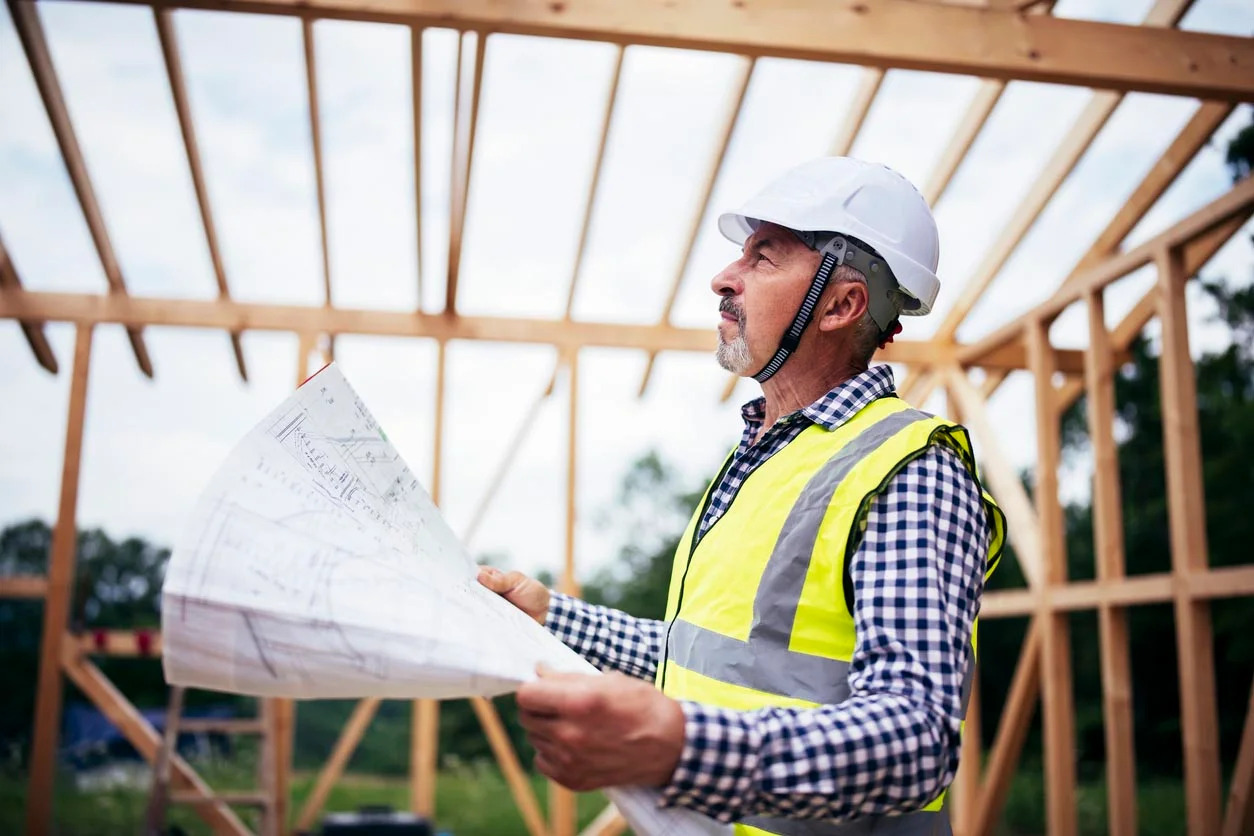
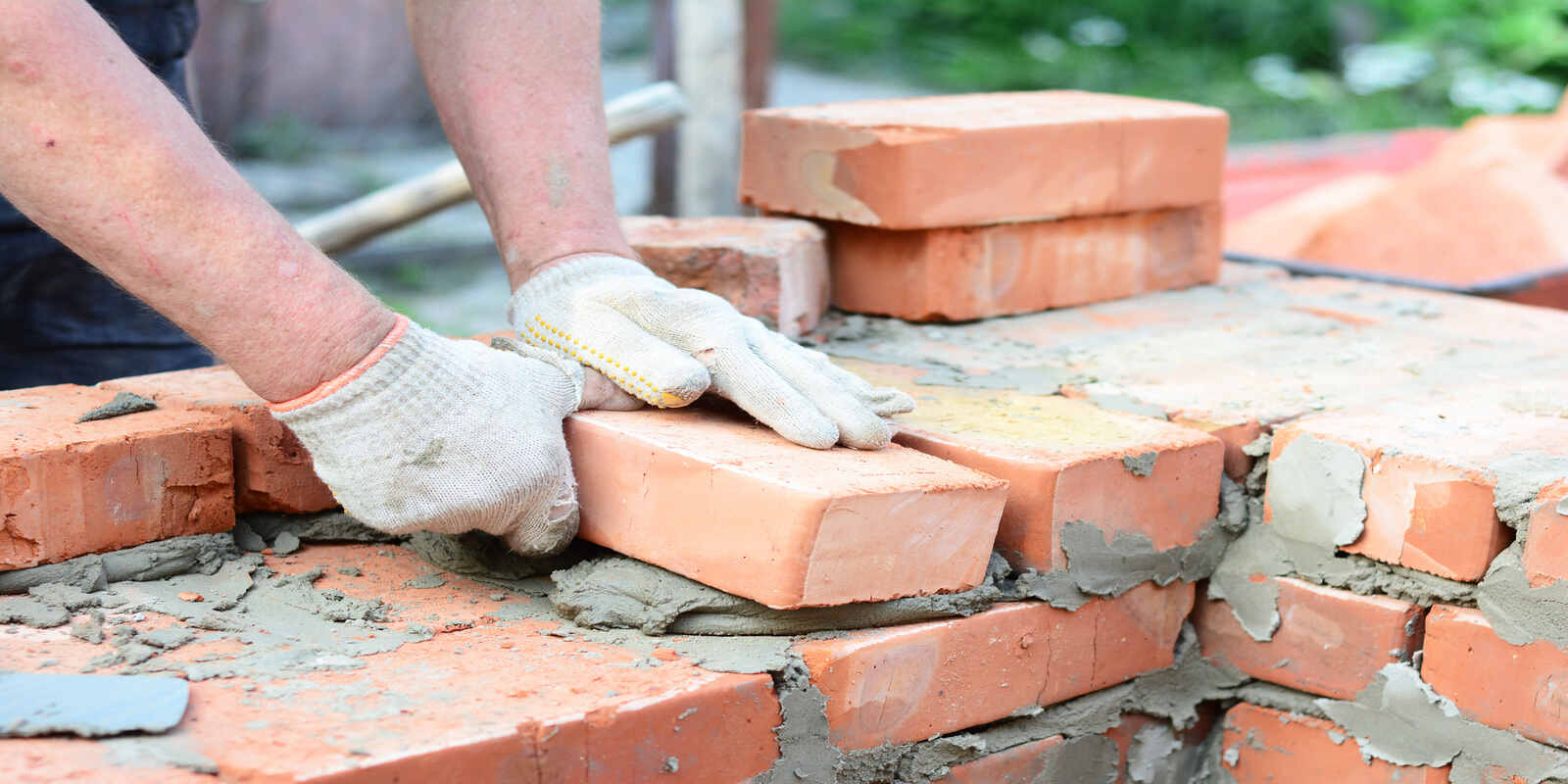

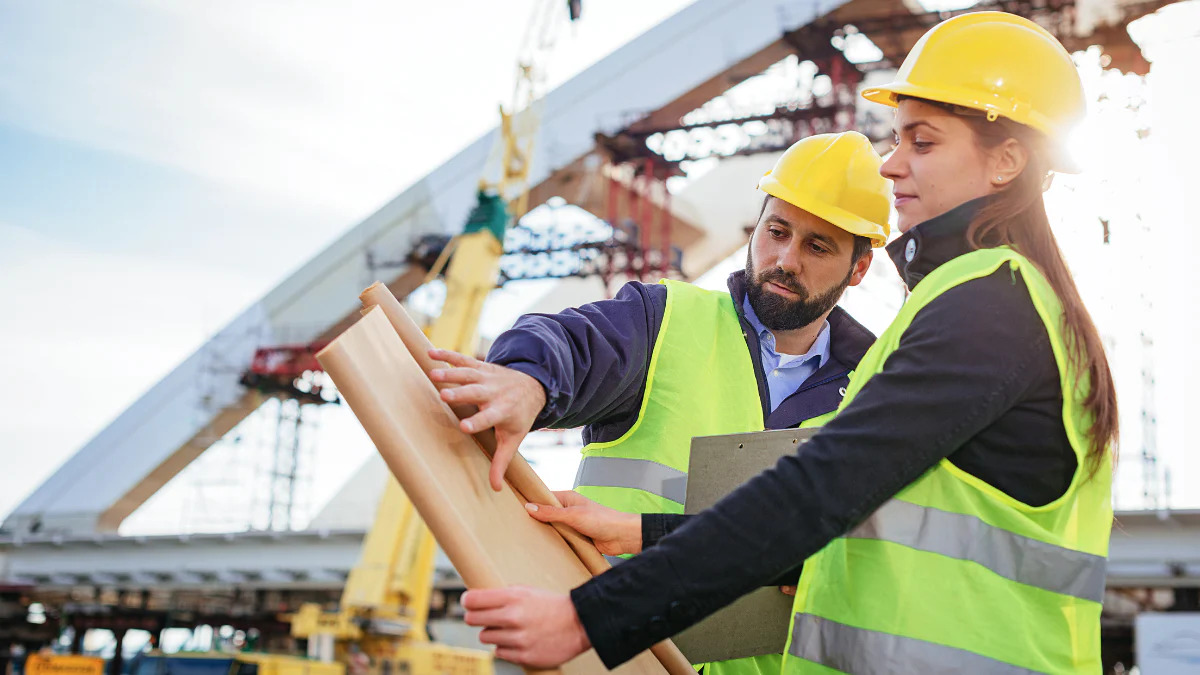
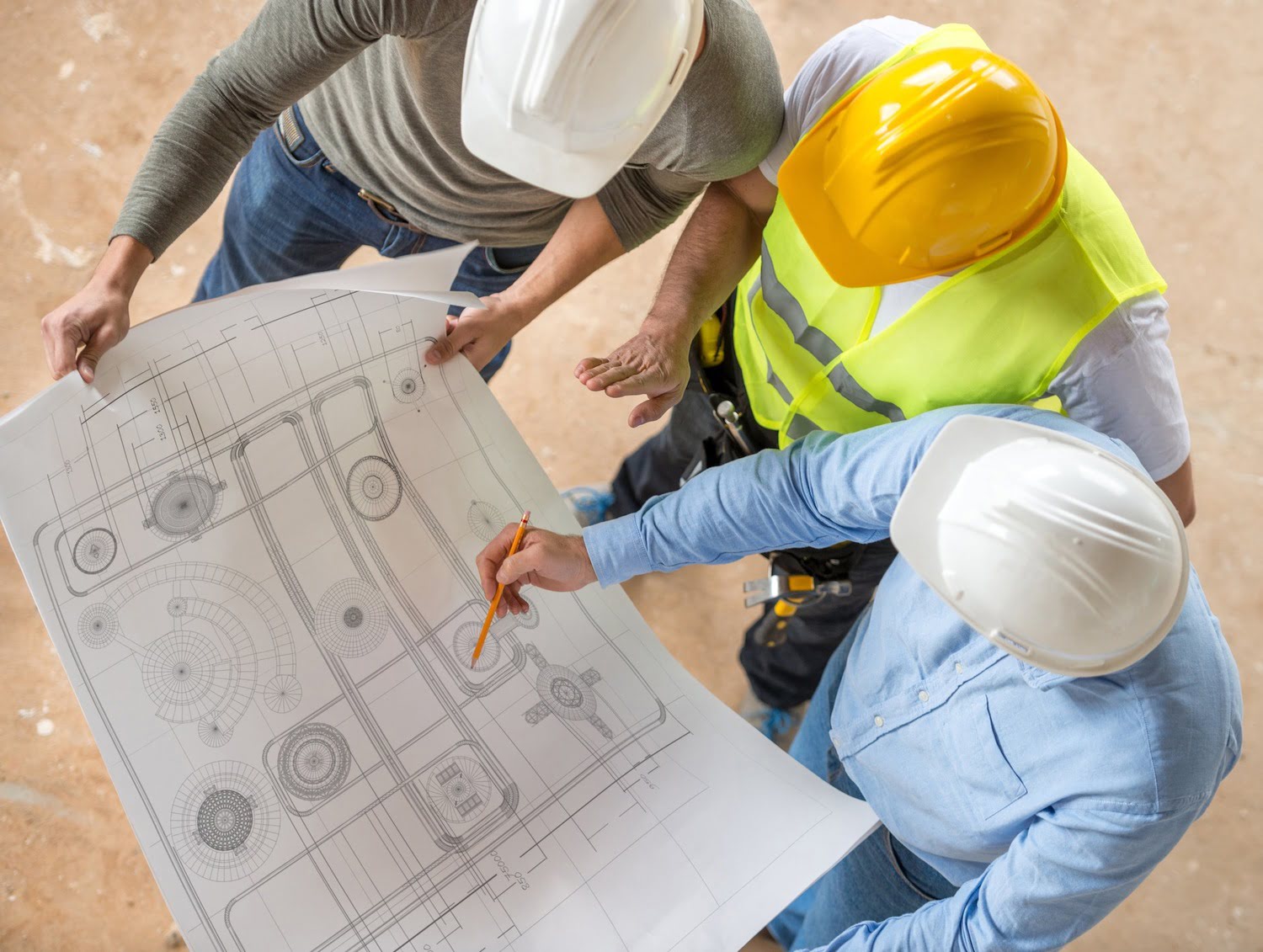
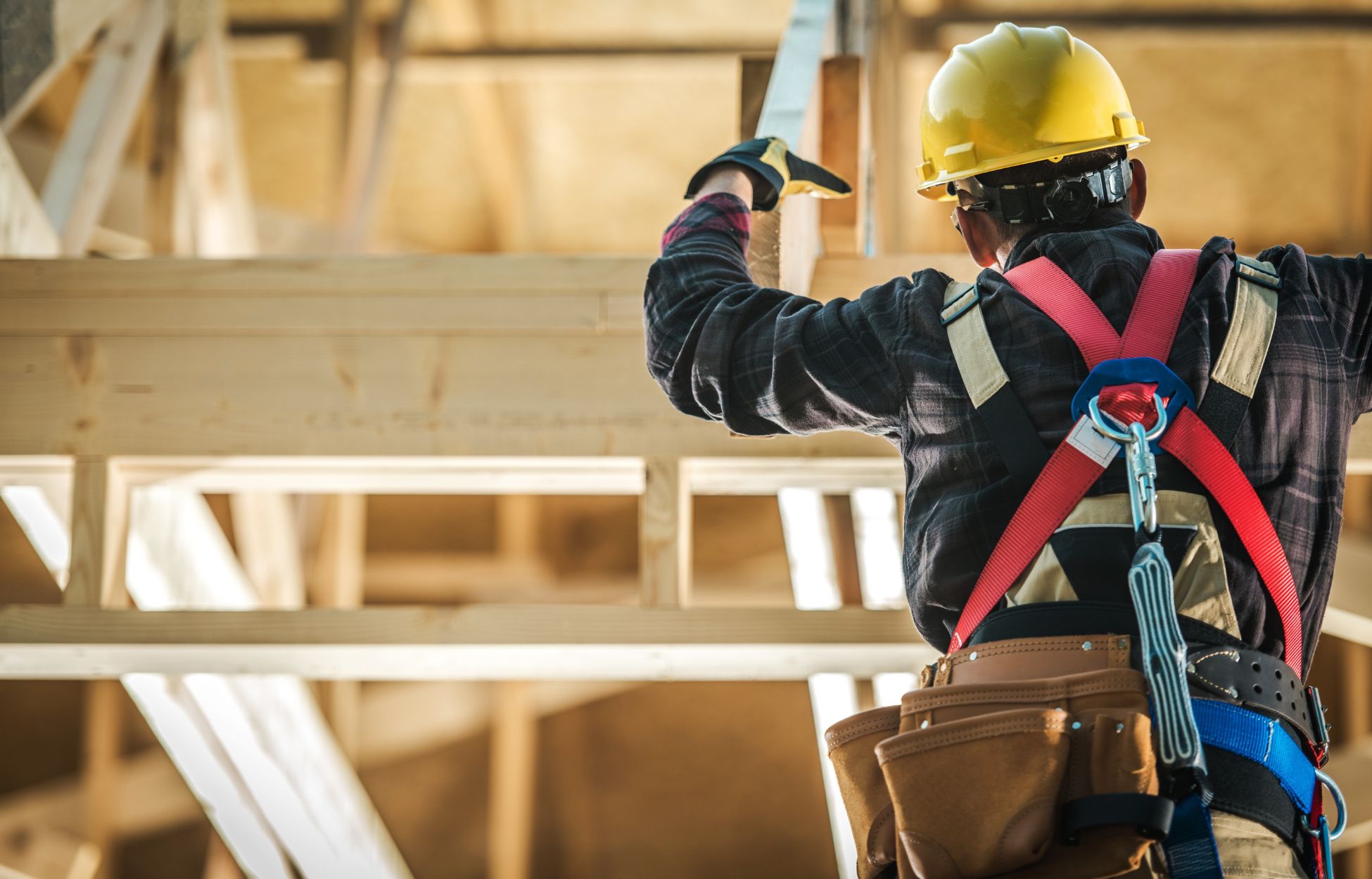
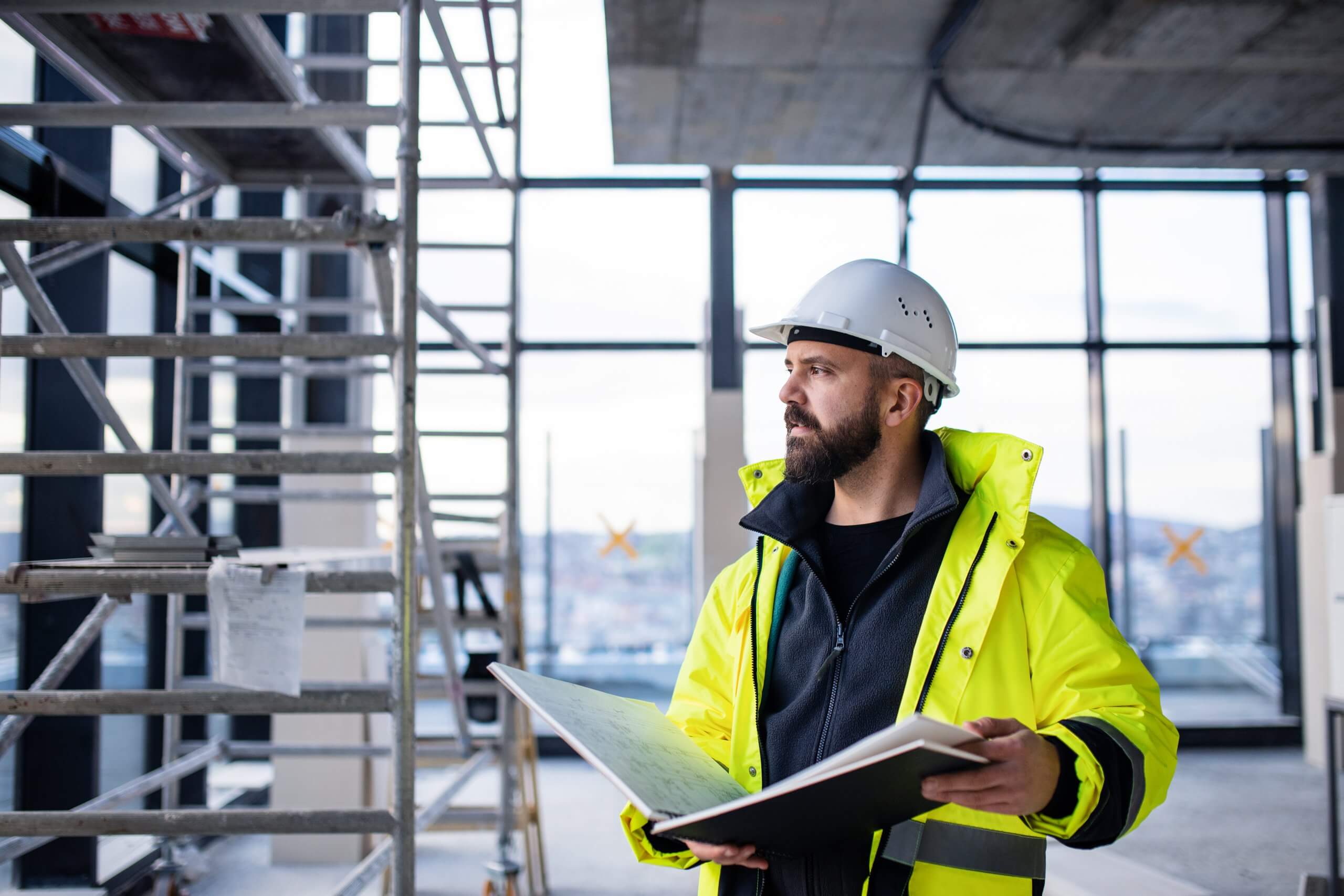
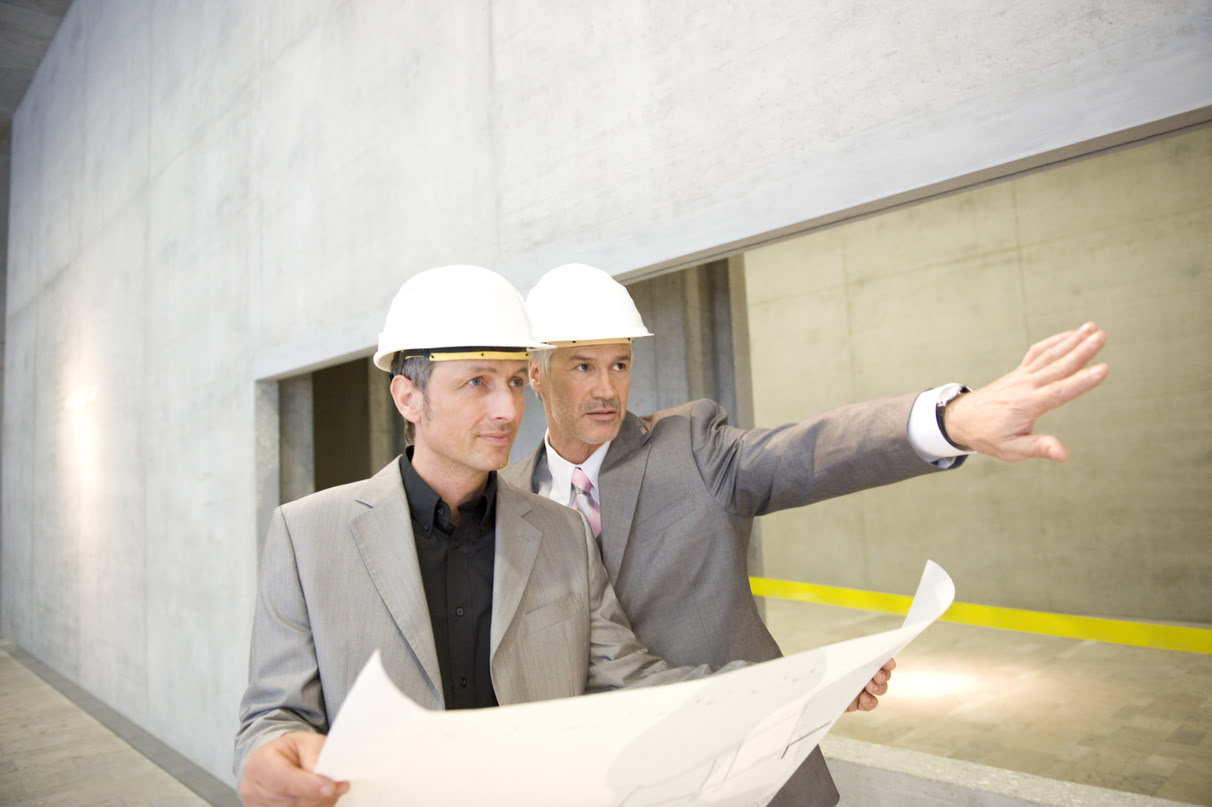


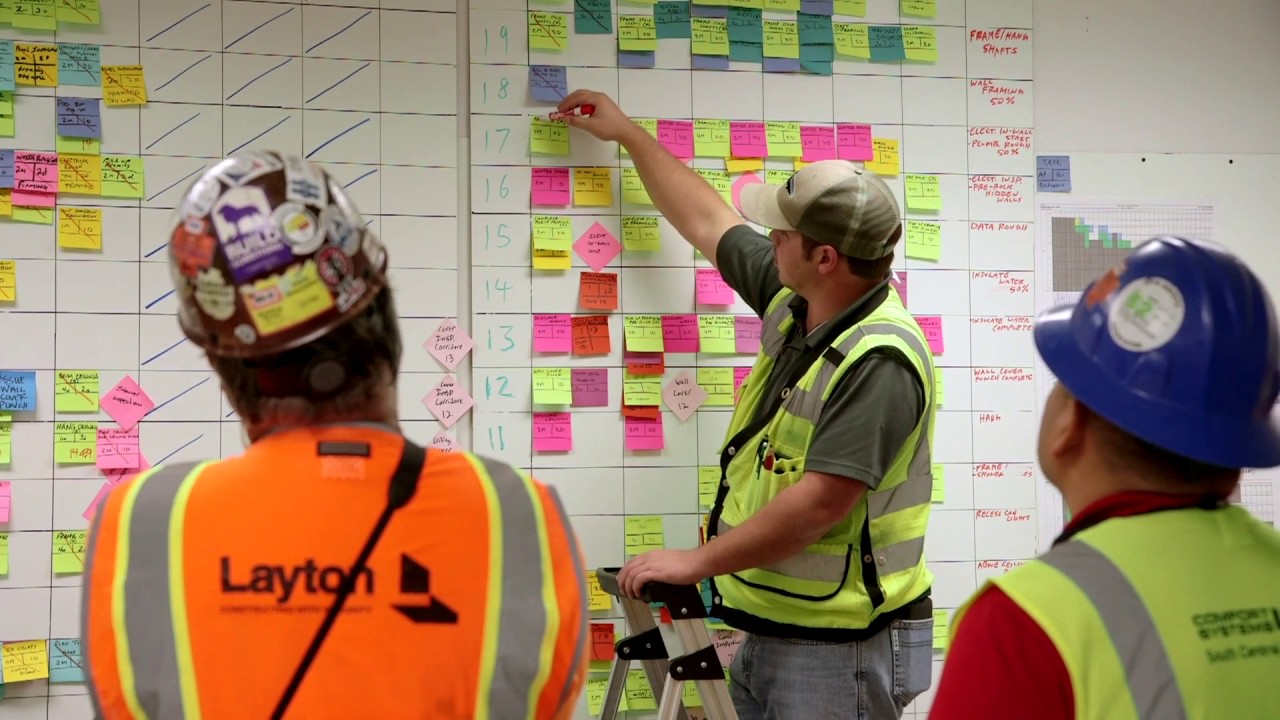
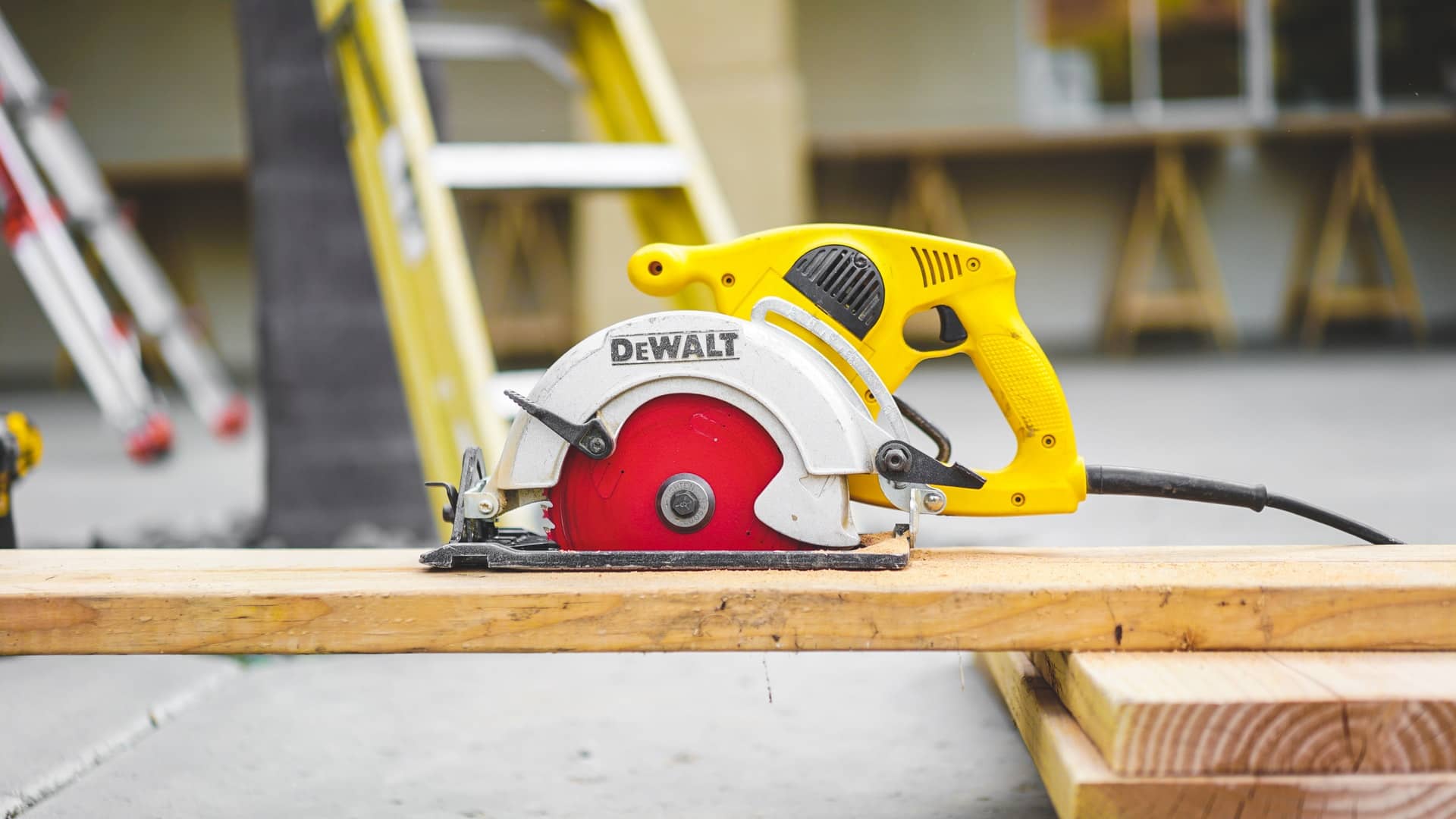


0 thoughts on “What Do Construction Lawyers Do”